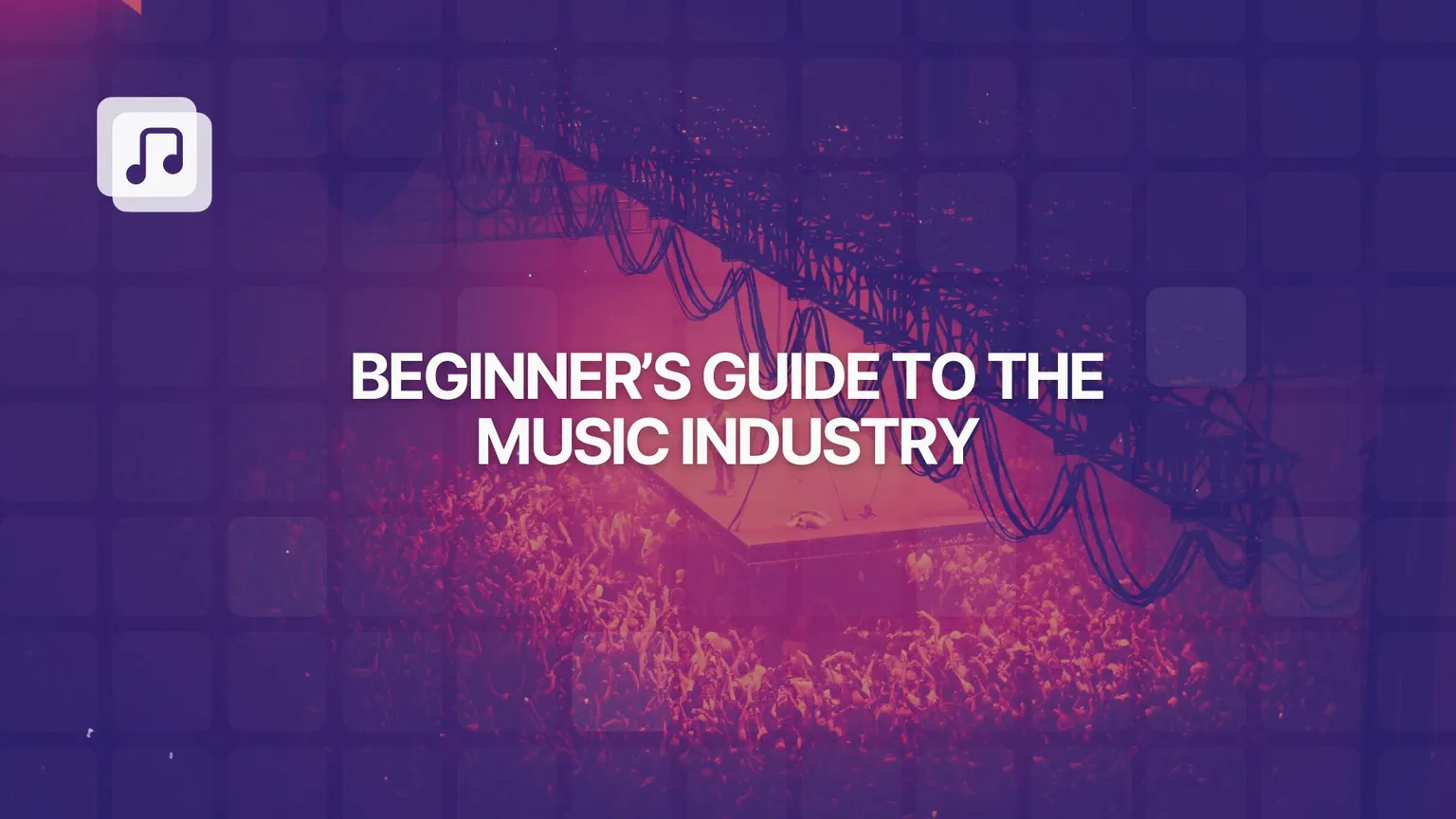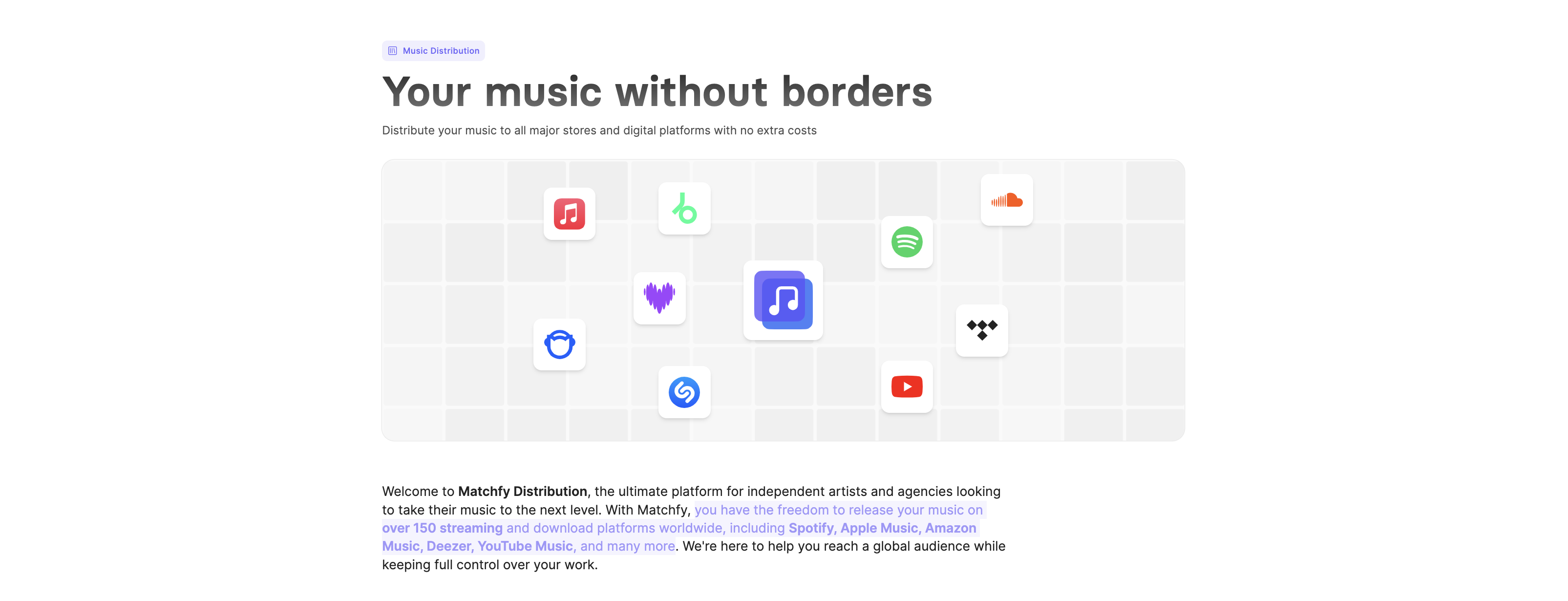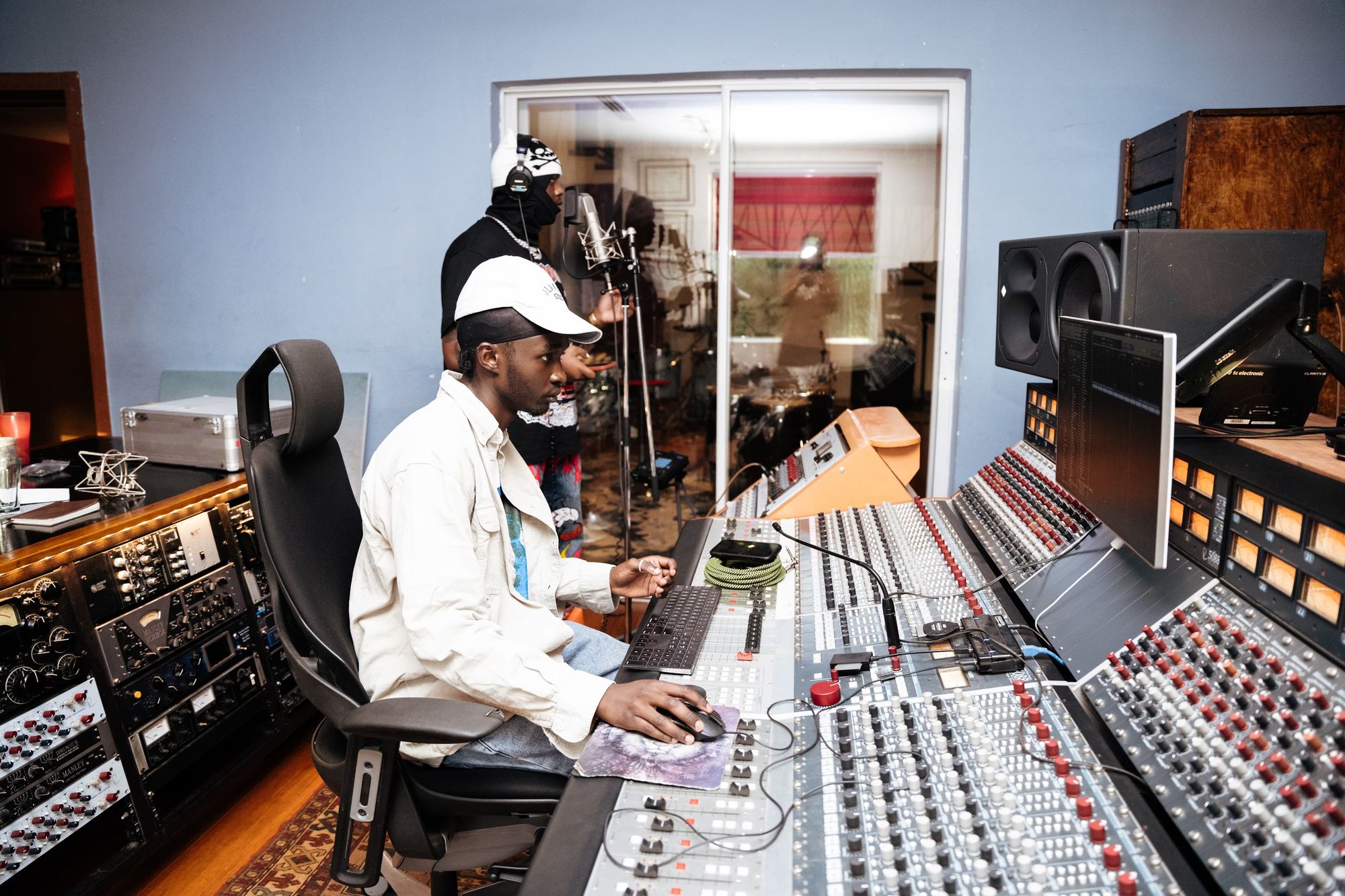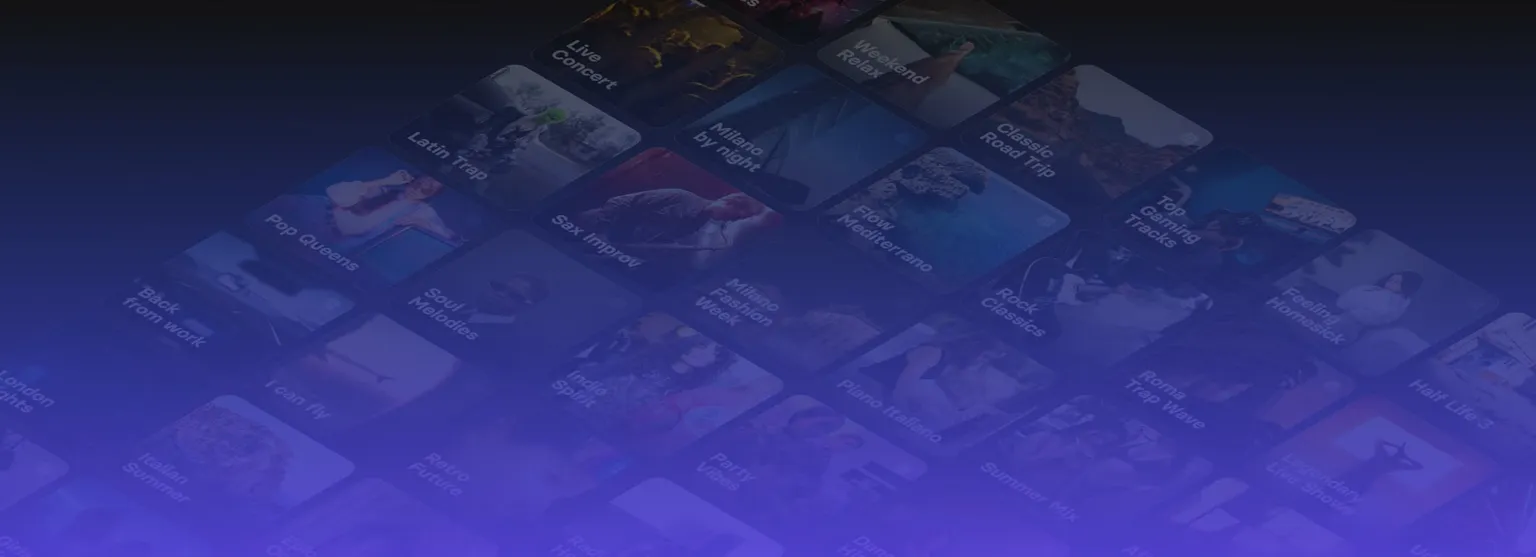How to start a successful career in the music industry: a complete guide for aspiring artists

Breaking into the music industry may seem like a daunting task, but with the right strategy, persistence, and preparation, it's entirely possible to turn your passion for music into a thriving career. Whether you want to be an artist, a producer, or work behind the scenes, understanding the industry's inner workings is essential.
In this article we're going to talk about some important aspects artists should know about:
- Understanding the music industry landscape
- Develop your skills and knowledge
- Build a strong professional network
- Create a memorable personal brand
- Use digital platforms to build your audience
- Build a professional portfolio
Understanding the music industry landscape
The music industry is a multifaceted ecosystem made up of artists, managers, producers, record labels, promoters, publishers, and streaming platforms. Each of these roles plays a crucial part in the creation, promotion, and monetization of music.
Key Sectors in the Music Business
- Recording: This includes the creation and production of music. Recording studios, producers, and sound engineers are essential players in this phase.
- Distribution: Responsible for getting music to listeners through platforms like Spotify, Apple Music, or physical sales.
There are many online platforms that make it easy to distribute your music while offering higher earnings for emerging artists. Matchfy is the perfect example: you have the freedom to release your music on over 150 streaming and download platforms worldwide, including Spotify, Apple Music, Amazon Music, Deezer, YouTube Music, and many more.

- Publishing: Involves managing rights and royalties. Organizations such as ASCAP, BMI, or PRS ensure songwriters and composers get paid for their work.
- Live Performances: Concerts, tours, and festivals organized by promoters and booking agents form a major part of an artist’s income.
Revenue Streams in Music
There are several ways musicians and music professionals can earn a living:
- Streaming Royalties: Income based on the number of plays on digital platforms.
- Live Shows: Payments received from performing at concerts or festivals.
- Merchandising: Selling branded items like clothing and accessories.
- Licensing: Earning fees when your music is used in films, TV shows, commercials, or video games.
Discover more about sync licensing and how to monetize with it by reading a full guide on our blog!
Develop your skills and knowledge
To succeed in music, you need more than talent — you need dedication to learning and growth. Whether it’s honing your instrumental skills, improving your vocal range, or diving into music theory, consistent practice is what builds a long-term career.
Learning the fundamentals of music theory enhances your songwriting and collaboration abilities, while mastering production tools like DAWs (Digital Audio Workstations) allows you to craft professional-sounding tracks from your home studio.
The more versatile your skillset, the more opportunities you'll unlock in this highly competitive field.
Build a strong professional network
Networking is one of the most powerful tools in the music industry. Building genuine relationships with others in the field can lead to collaborations, mentorship, and career-changing opportunities.
Connect with Industry Professionals
Start by reaching out to people who are already working in music — producers, managers, booking agents, or label reps. Platforms like LinkedIn, Instagram, and Twitter are excellent for showcasing your work and connecting with professionals.
Offer value in your interactions. Volunteer to help on projects, show interest in their work, and engage respectfully. Networking is most effective when it's mutually beneficial and rooted in authenticity.
Attend Events and Showcases
Industry events, conferences, and music showcases are prime opportunities to meet the right people. Events like SXSW or local music meetups can be game-changers. Introduce yourself confidently, exchange contact information, and follow up after the event.
Open mics and independent showcases are also great places to perform, connect with fellow artists, and start building your presence within your local scene.

Create a memorable personal brand
Your personal brand is what sets you apart in a crowded industry. It should reflect your unique artistic identity and connect with your audience emotionally and visually.
Define what makes your sound and image distinctive. Think about your visuals — logos, color palettes, photography — and ensure consistency across all your platforms: social media, website, press materials, etc. A cohesive brand builds recognition and trust.
Tell your story. Use music videos, behind-the-scenes content, and interviews to build deeper connections with fans and invite them into your creative world.

Use digital platforms to build your audience
In today's music industry, digital platforms are essential to growing your fanbase and gaining exposure. Streaming services like Spotify and Apple Music allow you to reach global audiences, while tools like Spotify for Artists offer analytics to help you understand who’s listening and how to reach more people.
Social media platforms — especially Instagram, TikTok, and YouTube — are powerful tools to connect with fans directly. Regularly share content like short videos, live sessions, and interactive posts. Be consistent and authentic in your messaging.
TikTok in particular has launched many unsigned artists into viral fame. A single well-timed video can lead to thousands of new followers and plays.
Did you know that Matchfy offers you the opportunity to promote yourself on TikTok and Instagram too? The VIP Plan is the ideal custom solution for artists and music creators aiming to expand the visibility of their new songs on the most influential digital platforms, like YouTube, TikTok, and Spotify
Build a professional portfolio
A well-produced demo or portfolio is your calling card in the music industry. It should showcase your talent, professionalism, and artistic vision.
- Choose a few polished tracks that highlight your strengths — whether it’s your voice, songwriting, or production skills. Quality matters more than quantity. These songs should represent your unique sound and leave a lasting impression.
- If possible, invest in professional recording or high-quality home studio equipment. Good mixing and mastering make a significant difference in how your music is perceived.
- Present your portfolio through a user-friendly website or an Electronic Press Kit (EPK). Include your music, artist bio, press photos, links to social media, and contact details. This makes it easy for industry professionals to discover and engage with your work.
Final thoughts
Launching a career in the music industry may seem overwhelming at first, but by understanding the business, refining your skills, building meaningful connections, and presenting yourself professionally, you can carve out your own path toward success. From recording and publishing to live performances and digital promotion, each step in your journey plays a critical role in establishing your presence in today’s competitive music landscape.
In this new era, artists have more control than ever before — and the digital world offers endless opportunities to reach a global audience. That’s where tools like Matchfy come in. Whether you're distributing your music across more than 150 platforms, analyzing your reach, or promoting your tracks through targeted campaigns on Spotify, YouTube, Instagram, and TikTok, Matchfy empowers you to take control of your music career.
Combining strategic planning with platforms built for independent growth is the key to making your voice heard. With Matchfy by your side, you’re not just releasing music — you’re building a brand, engaging an audience, and opening doors to real opportunities in the music industry.

